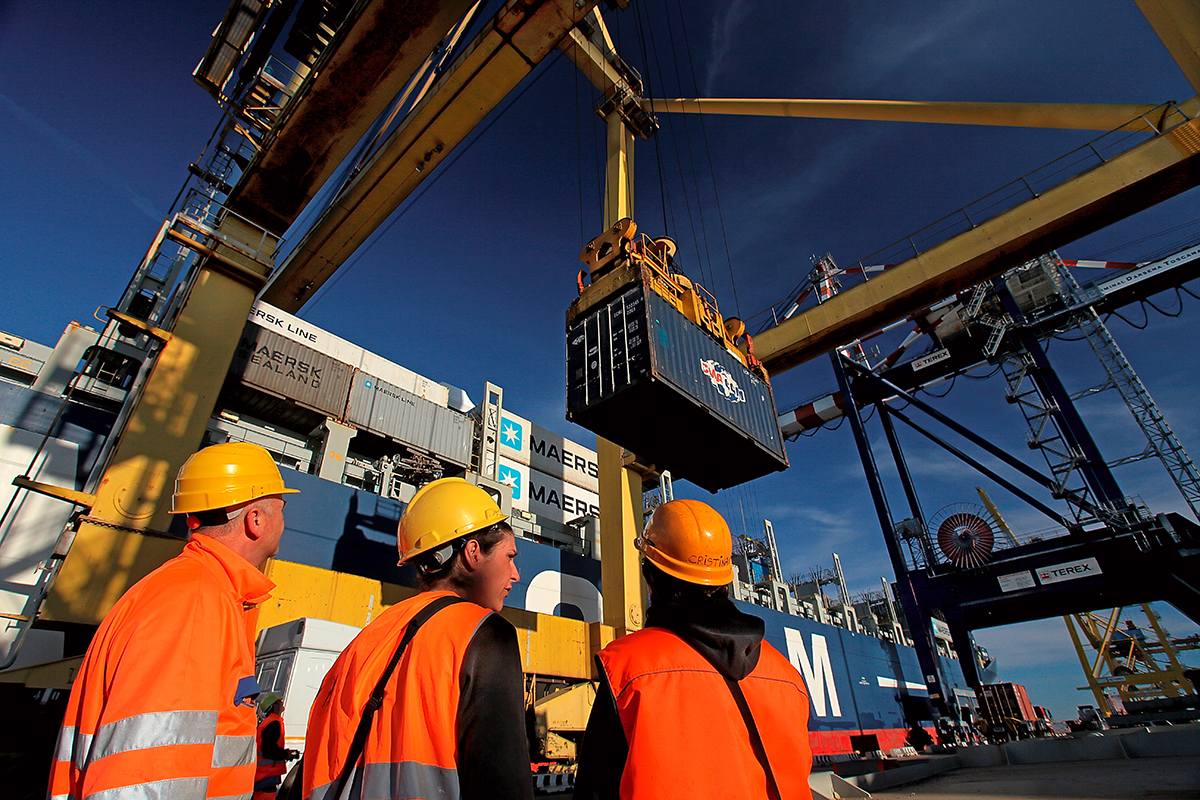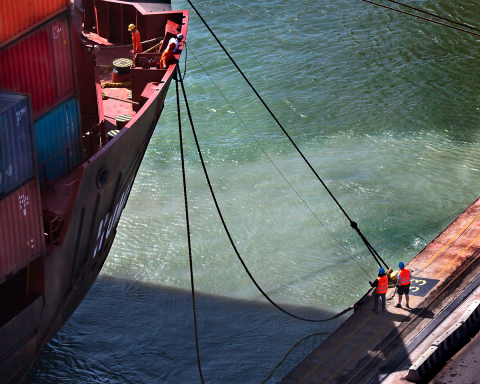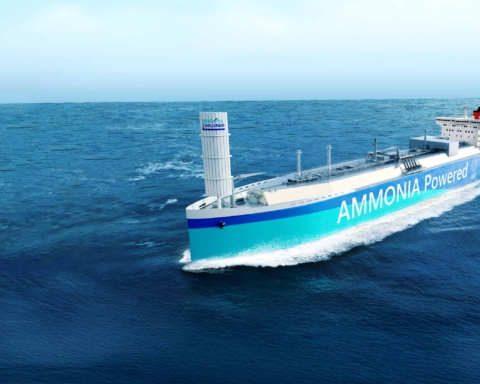Full automation of port terminals does not lead to improvements in either the productivity of concessionary companies or the ports that host them. This is the conclusion reached by a recent study produced by the Transport Innovation Centre (CENIT) on behalf of the International Dockers’ Council (IDC) and the International Transport Workers’ Federation (ITF).
According to the authors of the report, fully-automated terminals do not have better productivity rates than conventional terminals, are also extremely vulnerable to cyber-attacks, and require more costly maintenance.
The research also highlights how automation has a negative impact on economic and fiscal sustainability. It only guarantees certain revenues for shareholders, while impoverishing the port as a whole. The risk is that automated forklift trucks end up taking jobs away from thousands of workers, encouraging social dumping and the outsourcing of remote maintenance activities to countries with less freedom and rights for port workers.
According to the study, automation has a direct impact on tax revenues for the state, as it will result in lower tax collection and higher social security costs due to the loss of jobs, not only in the port but also in the surrounding community.
However, it is not only jobs that are at stake. According to researchers, automation risks further distorting competition to the advantage of shipping companies, which would be allowed to gain important leverage over the tariffs to be paid for terminal activities. This would further weaken the role of public administrations and national governments as guarantors.
‘In the port sector, it has always been assumed that full automation would bring better productivity rates, but based on current real experiences, there is no evidence to support that,’ said CENIT Director, Sergi Saurì.
Translation by Giles Foster




